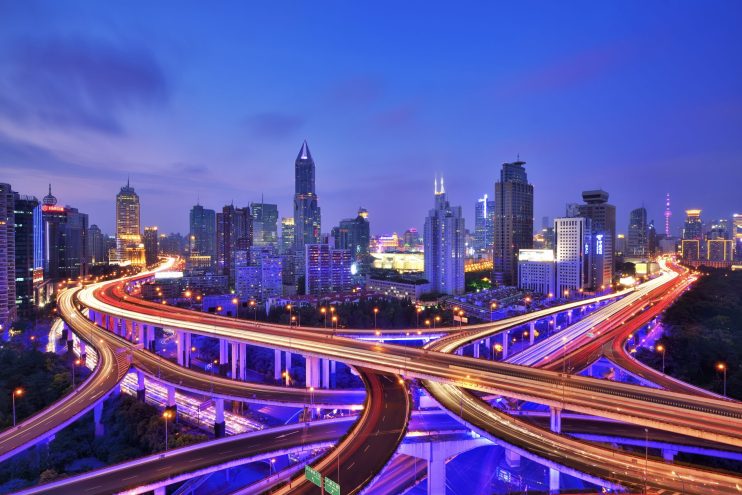Analysts: China’s tech crackdown could backfire as it may hamper economy

Analysts caution China’s economic growth could slow down if Beijing continues to target private enterprises that power the country’s economic success.
Beijing’s sweeping regulatory crackdowns have spread like wildfire across sectors, ranging from technology and internet algorithms to online gaming and tutoring.
Ross Terrill, a research associate at Harvard’s Fairbank Centre for Chinese Studies, told City A.M. that Beijing’s crackdown on private enterprises is to consolidate the Chinese Communist Party (CCP) monopoly of power.
“The economic forces are essentially from private companies, like Alibaba, but they are being squeezed by the government because they are turning into powers in their own right,” said Terrill, who is a China specialist and published 11 books on China’s history, diplomacy, politics and economy.
“Private companies are not allowed to go their own ways, and they must be under the government’s direction,” he added.
Chinese tech giants have been drawn into whirlpool amid Beijing’s regulatory scrutiny. E-commerce behemoth Alibaba was investigated and fined by the authorities over alleged monopolistic practices after its billionaire owner Jack Ma criticised the country’s banking system.
Meanwhile, China’s largest ride-hailing app Didi Chuxing has been banned from onboarding new users amid allegedly violating user privacy, just days after its Wall Street debut in late June.
Terrill predicted Beijing’s regulatory crackdown would slow down the nation’s economic growth and even shake the regime stability.
“For years now, even under Deng Xiaoping, there has been an unspoken pact between citizens and the government. The government said we will give you a better life – nice cars and houses, but the price you paid is that you must not talk about politicians, you must leave that to the CCP, now that’s work.”
“However, it would not work anymore if China’s [economic] growth seriously slow down. So far, the slowdown has been modest. But if there is a serious slowdown, the agreement between people and the government would start to unravel.”
Steve Tsang, director of the SOAS China Institute, told City A.M. that the increase in regulation is meant to strengthen the economy and political control of the CCP.
“The Party claims a monopoly of the truth and history, as well as the narrative guiding how people in China think,” said Tsang. “Education is how the Party controls the mind of people in China.”
He said the clampdown could strengthen the party’s economy and political control in the short term, but it could bring uncertainty in the long run.
“Over the longer term, it will stifle the most innovative private enterprises and thus harm the economy,” said Tsang.
“The big impact happens with the wiping out of billions dollars worth of foreign investments in some Chinese companies, particularly in the education or tutoring sector.”
“This has more effect on how investors think about China than the actual regulatory regime conceives of for Chinese companies.”
In July, Beijing extended its tightened grip to the private education sector by banning tutoring firms from teaching school curriculums to make profits, raise capital, or go public.
The sweeping crackdown has caught the attention of the US administration, as the Securities and Exchange Commission (SEC) has frozen registrations of Chinese companies for IPOs on Wall Street and issued new disclosure requirements amid threats from Beijing.
Tsang said the US restrictions on Chinese companies have effects on their IPOs in the US, but some of them can actually be bypassed by shifting the IPOs to Hong Kong.
Nevertheless, China’s tightening scrutiny has spooked Hong Kong’s investors as the global financial hub has seen just one IPO grace its stage so far this month.